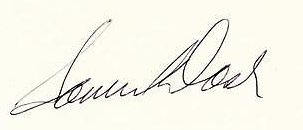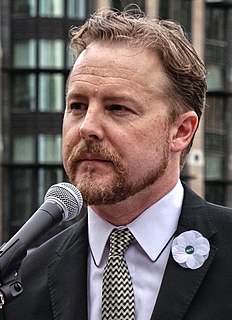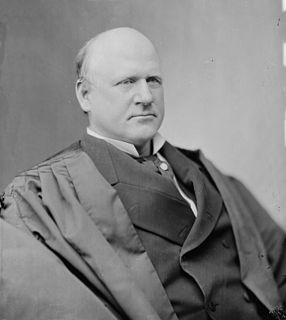A Quote by Khalil Gibran
Your thought describes laws, courts, judges, punishments. Mine explains that when man makes a law, he either violates it or obeys it. If there is a basic law, we are all one before it. He who disdains the mean is himself mean. He who vaunts his scorn of the sinful vaunts his disdain of all humanity.
Related Quotes
When we ask Negroes to abide by the law, let us also declare that the white man does not abide by law in the ghettos. Day in and day out he violates welfare laws to deprive the poor of their meager allotments; he flagrantly violates building codes and regulations; his police make a mockery of law; he violates laws on equal employment and education and the provisions of civil services. The slums are the handiwork of a vicious system of the white society; Negroes live in them, but they do not make them, any more than a prisoner makes a prison.
The First and Fourteenth Amendments say that Congress and the States shall make "no law" which abridges freedom of speech or of the press. In order to sanction a system of censorship I would have to say that "no law" does not mean what it says, that "no law" is qualified to mean "some" laws. I cannot take this step.
No society can exist if respect for the law does not to some extent prevail; but the surest way to have the laws respected is to make them respectable. When law and morality are in contradiction, the citizen finds himself in the cruel dilemma of either losing his moral sense or of losing respect for the law, two evils of which one is as great as the other, and between which it is difficult to choose.
If laws were real they wouldn’t need to be enforced, because if they were real they couldn’t be broken. Try breaking the law of gravity. Now that’s a law. Laws made by man are rules reflecting the current status of his moral codes. As he alters and whittles away his morality, casting bits and pieces aside, his codes change to reflect it.
Though we have clear and full scriptures in the New Testament for abolishing the Ceremonial law, yet we nowhere read in all the new Testament of the abolishing of the Judicial law, so far as it did concern the punishing of sins against the Moral law, of which Heresy and seducing of souls is one, and a great one. Once God did reveal his will for punishing those sins by such and such punishments. He who will hold that the Christian Magistrate is not bound to inflict such punishments for such sins, is bound to prove that those former laws of God are abolished, and to shew some scripture for it.
Cleverly assorted scraps of spurious science are inculcated upon the children to prove necessity of law; obedience to the law is made a religion; moral goodness and the law of the masters are fused into one and the same divinity. The historical hero of the schoolroom is the man who obeys the law, and defends it against rebels.
It is our duty to endeavor always to promote the general good; to do to all as we would be willing to be done by were we in their circumstances; to do justly, to love mercy, and to walk humbly before God. These are some of the laws of nature which every man in the world is bound to observe, and which whoever violates exposes himself to the resentment of mankind, the lashes of his own conscience, and the judgment of Heaven. This plainly shows that the highest state of liberty subjects us to the law of nature and the government of God.
I believe that the unity of man as opposed to other living things derives from the fact that man is the conscious life of himself. Man is conscious of himself, of his future, which is
death, of his smallness, of his impotence; he is aware of others as others; man is in nature, subject to its laws even if he transcends it with his thought.






































